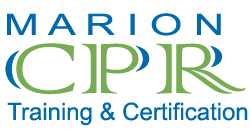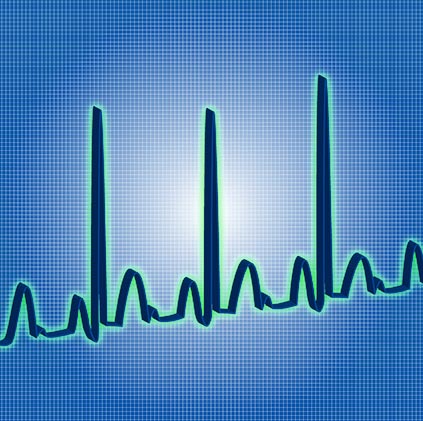It is important to recognize the signs and symptoms of a heart attack fast because early recognition can save your life. First off, if you or a loved one experiences any warning signs of a heart attack be sure to call 911 and get help right away. Approximately every 43 seconds someone experiences a heart attack. Heart attacks occur when oxygenated blood flow is cut off, or severely reduced, to heart muscle. It is always better to be safe than sorry so even if you are unsure about your symptoms you need to get checked out. In this article we will cover the 5 common warning signs of a heart attack listed by the American Heart Association.
5 Common Warning Signs
- Pain or discomfort in chest – Chest pain or discomfort in the center of the chest occurs in most heart attacks and lasts for more than a few minutes or goes away and comes back.. Discomfort can range from uncomfortable pressure, squeezing, fullness to pain.
- Lightheadedness, nausea, or vomiting
- Jaw, neck or back pain
- Discomfort or pain in arm or shoulder
- Shortness of breath – Shortness of breath my occur with or without chest pain
Although these warning signs of a heart attack can happen in both men and women, some are more common in women than men. Women are more likely to experience shortness of breath, nausea, vomiting, and back or jaw pain. It is scary to think about having a heart attack, but remember that getting checked out can save your life. Every minute counts when you experience a heart attack. So do not wait, get to a hospital, call 911 or your emergency response number.
Keep Your Body Healthy
- Keep a regular schedule with your healthcare provider for routine checkups and learn about your risks for heart disease
- Stop smoking. You’ve heard it before, but seriously – Quit Smoking!
- Exercise regularly. Simply walking 30 minutes a day can help lower your risk for heart attack and stroke.
- Maintain a healthy diet. Stay away from fast food, high sodium and fat content. Make smart healthy substitutions in your diet.
- Know your body. Pay attention to your body and listen when it tries to tell you something. Don’t ignore your symptoms, get checked out.
For more information about signs of a heart attack, please download the American Heart Association brochure here.
Marion CPR proudly teaches laypersons, students and medical professionals the latest advances in cardiopulmonary resuscitation by the American Heart Association. We strongly encourage everyone to schedule a class to educate themselves with the skills of CPR so you can save lives. You never know when an emergency will happen so make sure you are prepared.
CPR classes in Ocala are held each day throughout the week and on weekends. If you would like to register for a CPR class please call 352-653-8821 or look at our calendar of classes here.

